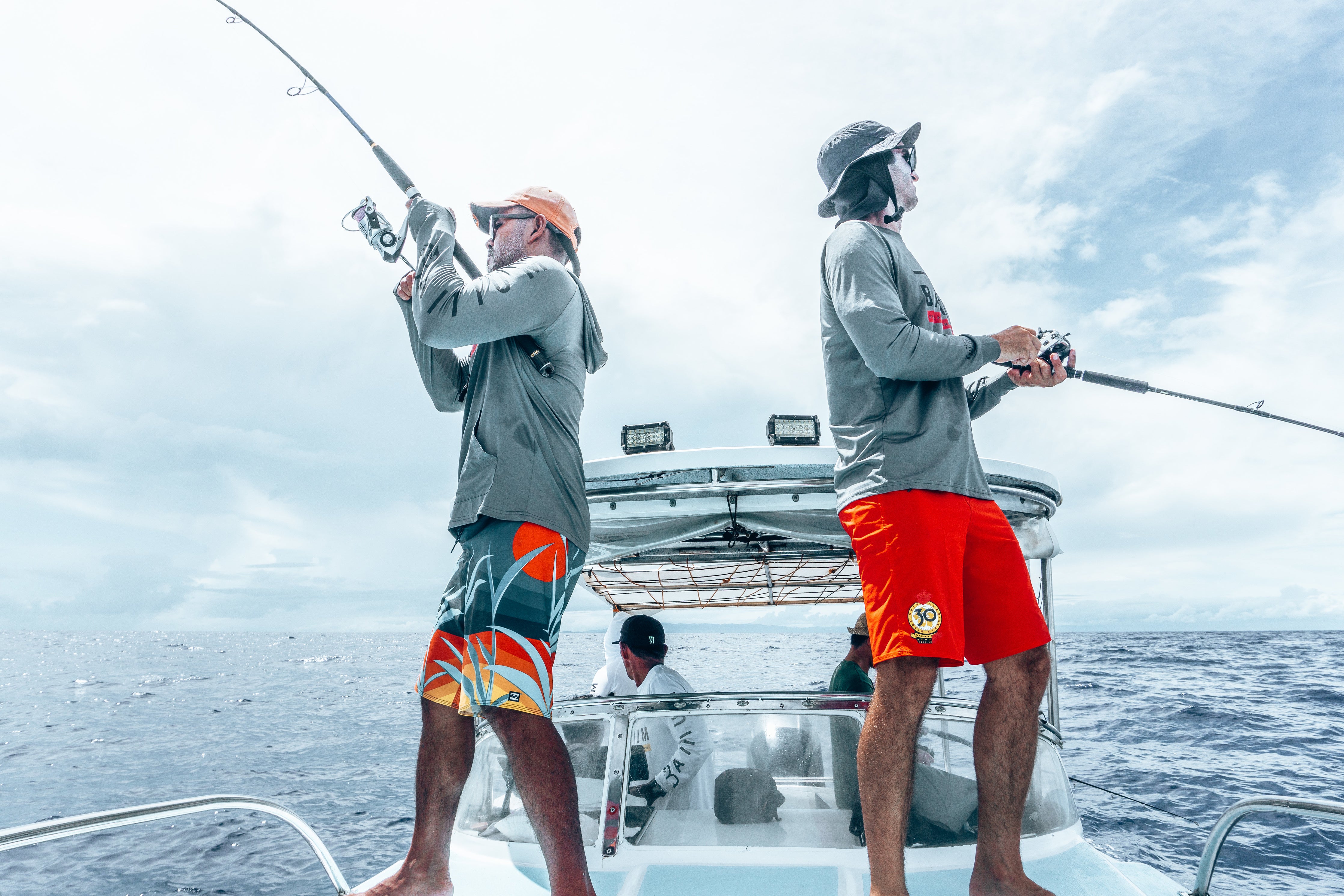Table of Contents
How Illegal, Unreported, and Unregulated (IUU) fishing affects fish
Illegal, unreported, and unregulated (IUU) fishing pertains to fishing operations carried out against national or international regulations and are frequently done covertly, which makes them difficult to monitor and manage.
Illegal fishing refers to fishing that is done in violation of any applicable laws or rules, whether enacted at the regional or international level. On the other hand, unreported fishing occurs when fishing activities that violate national laws and regulations, are not reported or are misreported to the appropriate authorities. Lastly, unregulated fishing is defined as fishing operations carried out in locations without measures implemented for regulating catch. When these three are combined, IUU fishing occurs.
IUU fishing continues to be one of the biggest threats to marine ecosystems, with its ability to thwart national and regional efforts in conserving and managing fish stocks. As a result, this impedes the progress toward long-term sustainability and responsibility.
IUU fishing on marine biodiversity
As mentioned earlier, IUU fishing is one of the greatest threats to marine ecosystems and causes severe environmental damage. Consequently, populations of specific species and the ecosystem balance are negatively affected by it.
Overfishing, which refers to removing fish at a rate that prevents their repopulation from a body of water, could be caused by IUU fishing. Additionally, IUU fishing may put more strain on fish species that are already under threat; in fact, all eight species of sea turtles are currently at risk of extinction, and illegal fishing and hunting are two of the main causes of this.
Moreover, the use of prohibited gear often leads to catching non-target species, or bycatch. Bycatch refers to marine species that are caught and then discarded, as well as unreported deaths brought on by contact with fishing equipment and vessels.
Using prohibited gear can also cause physical damage or destroy seamounts, reefs, and other delicate marine habitats.
Prevalence of IUU fishing
The scope of IUU fishing is significant, making up about 20% of the global catch and costing the global economy an estimated $10 to $23.5 billion annually. As a result, both the fishing industry and the marine ecosystem suffer.
The US is one of the biggest markets for seafood, importing more than 5.3 billion pounds or 18 billion dollars worth of seafood annually. Unfortunately, because US regulations don't outline a clear chain of custody from bait to plate, we can't currently tell whether the fish we eat was lawfully caught.
IUU fishing actually happens worldwide. However, the highest level of IUU fishing globally is found in West Africa, where it is said to be responsible for 40% of all fish captured.
IUU fishing affects all facets and stages of the capture and utilization of fish, and it may even be associated with organized crime. It happens in all types and dimensions of fisheries.
Curbing IUU
Of course, efforts have been made to eliminate IUU fishing. The Seafood Import Monitoring Program was formally established by the US government to address the market entry of products from IUU fishing. It establishes reporting and record-keeping requirements for specific seafood products to stop seafood that has been illegally caught or misrepresented from entering US commerce.
Furthermore, there are certain groups in charge of establishing and implementing management regulations in fisheries. Regional Fisheries Management Organizations (RFMOs), for example, are international organizations made up of nations with a common financial or practical interest in controlling fish populations in a certain maritime region. Globally, there are approximately 17 RFMOs.
IUU fishing is still being fought today by various organizations and political movements worldwide.
MOST READ NEWS:
How To Use Your Fishing Records to Catch More Fish
Track your fishing trips, analyze patterns, and refine your techniques with a fishing log to catch more fish on every outing!
Solo Fishing Safety Tips: Stay Safe and Enjoy the Outdoors
Learn essential solo fishing safety tips: gear checklist, boat safety, emergency preparedness, weather monitoring & fishing location scouting. Stay safe on the water.
Secrets to Winter Fly Fishing Success
Master winter fly fishing with expert tips on trout behavior, essential gear, and proven techniques. Learn the secrets to catching more fish in cold weather.
How Cold Water Changes Fish Behavior: Insights for Anglers
Explore how cold water affects fish behavior and fishing techniques, enhancing your angling success and strategy.
Is Tech Making Fishing Too Easy? Exploring Forward-Facing Sonar (FFS)
Learn about forward facing sonar in fishing - what it is, how it works, rules for tournaments, ethics, and tips for finding fish with this game-changing technology.
Plan Your Best Fishing Trip Yet this 2025: A Complete Guide
Plan your fishing trip this off-season. Learn to choose destinations, prep gear, pick bait, and trust Baitium for expert tools and tips!
15 Fishing Resolutions for 2025: Set Yourself Up for Success
Discover 15 essential fishing resolutions for 2025: tackle organization, gear maintenance, angling techniques, conservation tips, tournament prep, and fishing safety guidelines.


